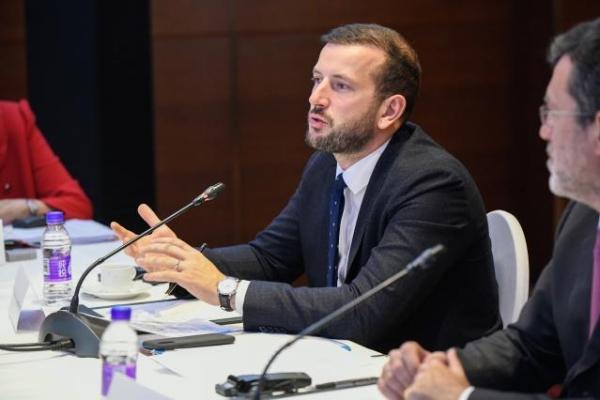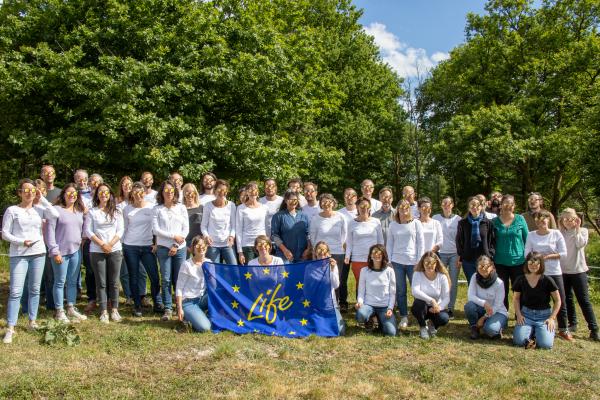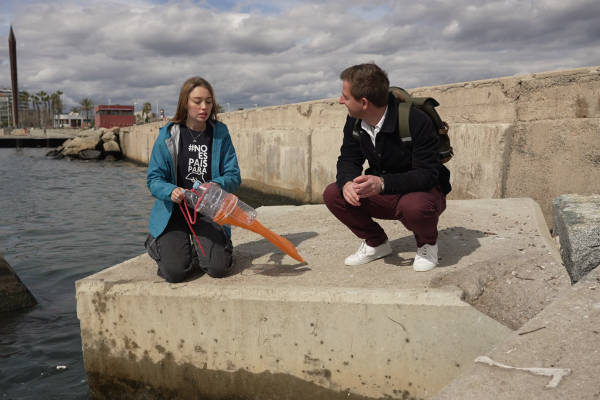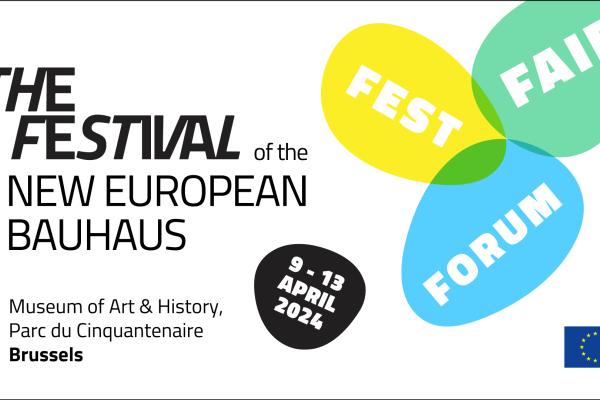Overview
Countries have sovereign rights over the genetic resources found on their territory. Genetic resources are any plant, animal or microbial materials that have value. They can be used in research and development for many different purposes, including in medical research or environmental innovation.
Benefits can arise from research or development on genetic resources, including the commercial use of a developed product. These benefits should be shared fairly and equitably with the country providing these resources. This is the concept of "access and benefit sharing".
Objectives
In line with international agreements, the EU aims to ensure that benefits from genetic resources are shared fairly and equitably with the country providing these resources.
Law
The Nagoya Protocol on "Access to Genetic Resources and the Fair and Equitable Sharing of Benefits Arising from Their Utilization" was adopted in 2010. It aims to establish a clear, legally binding framework determining how researchers and companies can obtain access to the genetic resources of a country and to the traditional knowledge associated with these resources. It also explains how the benefits arising from the use of these genetic resources and associated traditional knowledge will be shared. A video explains the access and benefit sharing concept in simple words.
The EU Access and Benefit Sharing (ABS) Regulation (Regulation (EU) No 511/2014) brings EU law into line with these international obligations and entered into force in 2014. These rules apply when genetic resources, and the traditional knowledge associated with them, are used in research and development for their genetic properties and/or biochemical composition, including through the application of biotechnology.
Implementation
An Implementing Regulation that entered into force in 2015 contains measures on some specific aspects, as provided for in the EU ABS Regulation, in particular registered collections, best practices and monitoring of user compliance. Currently there are three registered collections and one best practice recognised through a Commission Decision.
With regard to the monitoring of user compliance, a web-based application (DECLARE) was created to allow users to submit due diligence declarations online (see the user guide and audio-visual user’s manual).
A guidance document on the scope of application and core obligations of the ABS Regulation was adopted in 2020. It incorporates and complements the previously adopted guidance document of 2016.
Designated Competent Authorities in EU Member States are responsible for implementing the EU ABS Regulation. For information on possible access measures adopted by EU Member States, please consult their country profile on the international ABS Clearing-House.
The Expert group on Access and benefit sharing (ABS) under the Nagoya Protocol ensures a uniform implementation of the EU ABS Regulation across the EU and provides a platform for cooperation between the Member States and with the European Commission. It shares information, best practices and lessons learnt, and develops guidance for the users of genetic resources.
The Commission is also assisted by the ABS Consultation Forum, a group made of selected interested parties (mainly trade and business associations and NGOs) and the EU Member States to provide advice and expertise to the Commission for the implementation of the EU ABS Regulation and its Implementing Regulation, and to facilitate coordination and cooperation with Member States and stakeholders in that regard.
Implementation reports
The Commission is required to submit a report on the application of the Regulation to the European Parliament and the Council, including an assessment of its effectiveness.
The first EU ABS Regulation Implementation Report was adopted on 24 January 2019. It covers the first three years of application of the Regulation (October 2014 - August 2017), which is reduced to two years of application for provisions concerning due diligence (Art. 4), monitoring of user compliance (Art. 7) and compliance checks (Art. 9).
It is based on information from the national reports submitted by all 28 Member States to the Commission, as well as other information available. See Member States’ National Reports.
Precious tools for the implementation of the Nagoya Protocol are InforMEA , the United Nations Information Portal on Multilateral Environmental Agreements, and the Earth Negotiations Bulletin which provides a balanced and independent daily coverage at mainly UN-led sustainable development negotiations and events around the world.
Studies and reports
- Report on utilisation practices among the upstream actors (collections, researchers at universities, etc)
- Analysis of the implications of the compliance obligations under the EU ABS Regulation for users of genetic resources in the EU
- Legal and policy aspects and technical aspects of addressing digital sequence information (DSI), and on sharing DSI ahead of the CBD COP 15 and NP COP-MOP4 negotiations
- Report of 2022 International Exchange on Digital Sequence Information
- Glossary of key terms used in the context of Access and Benefit Sharing
- Questions and answers on Access and Benefit Sharing
Related links
Main law: EU Access and Benefit Sharing (ABS) Regulation
Related topics: Nature and biodiversity, Wildlife trade, Convention on Biological Diversity
Related strategies: Biodiversity strategy for 2030
Related Commission priorities: European Green Deal





